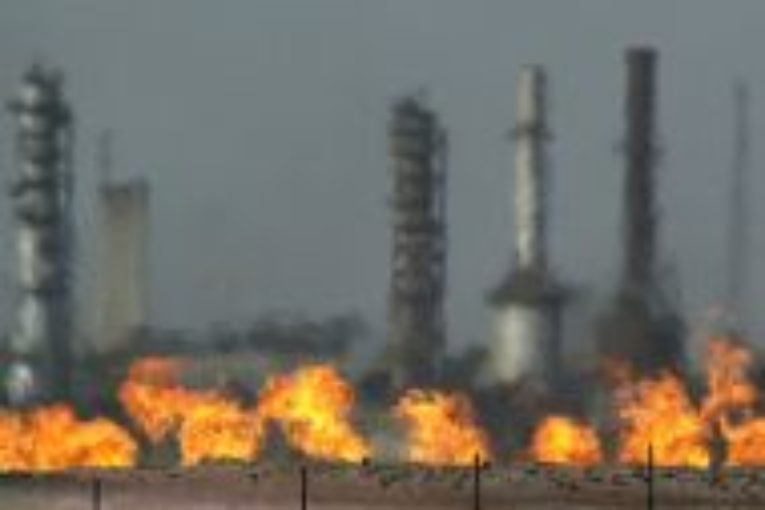
Oil careened lower on Friday, with futures in London slipping below US$60 for the first time in a year, as a global stock-market sell-off and signs of record Saudi output helped intensify crude’s late-year freefall.
Brent, the international benchmark, dropped as much as 5.9 per cent. Traders are focused on the growing risks of a new glut of crude after Saudi Arabia’s oil minister said Thursday that production from the world’s largest exporter climbed further this month.
Oil joined a swoon in equity markets nervous about international trade and a weakening economy. The S&P 500 Index fell to its lowest mark since May while European markets lost ground after a report showing a slowdown in Germany. Energy companies led declines, with shale drillers Concho Resources Inc. and EOG Resources Inc. each down more than 5 per cent.
“Crude’s getting shellacked,” said Kyle Cooper, director of research at IAF Advisors in Houston. “The equities are giving a foreboding sign for overall economic growth. I think that’s what’s disturbing people.”
The Saudis have signalled they will throttle back on production in December, but unless the Organization of Petroleum Exporting Countries and Russia can reach a new deal to constrain output in Vienna next month, analysts see the prospect of sustained oversupply in 2019, undoing the group’s success over the last two years to drain global inventories.
Crude collapsed into a bear market this month after the U.S. allowed some nations to continue buying Iranian crude. Trade tension between America and China is raising concerns over demand and President Donald Trump renewed his call on Saudi Arabia this week to cut prices further. These factors pushed up oil’s volatility this week to the highest since early 2016.
“The increased tensions between the U.S. and China are adding to the intensely sour sentiment in energy markets,” TD Securities analysts led by Bart Melek wrote in a note to clients Friday. A strike at key French refineries this week has added another threat to demand, he noted.
“We continue to see fundamentals improving in the near-term, but caution traders against sticking their necks out until the momentum shock finds a more solid floor,” Melek said.
Brent for January settlement fell US$3.82, or 6.1 per cent, to US$58.78 a barrel at 11:08 a.m. in New York. It was headed for a 12 per cent loss on the week, according to data from the London-based ICE Futures Europe exchange. The global benchmark traded at a US$7.85 premium to WTI.
West Texas Intermediate for January delivery lost 6.9 per cent from Wednesday’s close to US$50.88 a barrel on the New York Mercantile Exchange. Total volume traded was almost twice the 100-day average. There was no settlement on Thursday due to the U.S. Thanksgiving holiday.
While indicating that Saudi Arabia is producing at record levels, energy Minister Khalid Al-Falih said the world’s biggest exporter won’t oversupply the market. Demand for Saudi crude may be lower in January compared with December, he told reporters on Thursday.
–With assistance from Sharon Cho.
You can read more of the news on source
